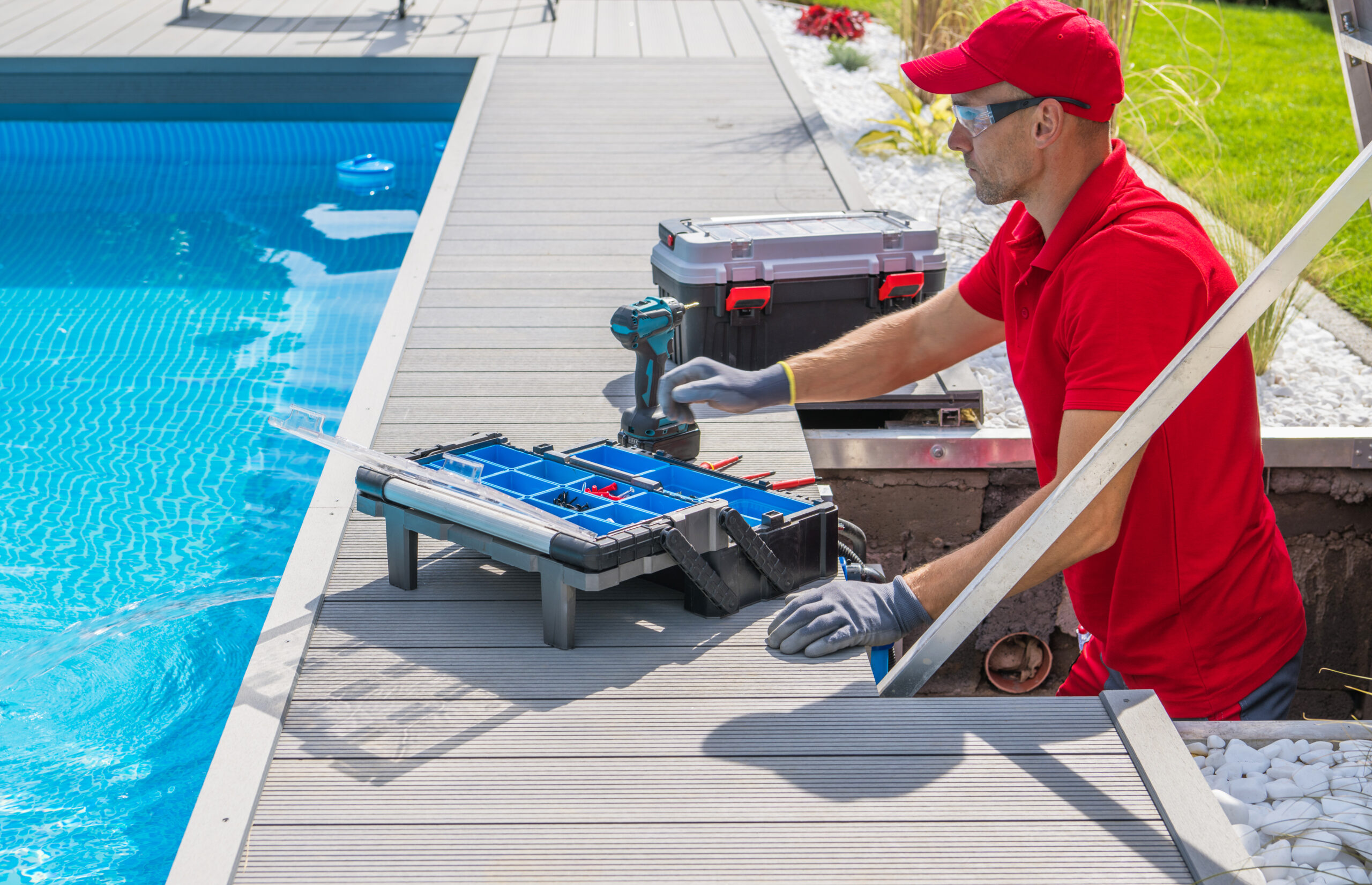Pool Pump Replacements and Repairs
Signs of Pump Issues: If you notice decreased water flow, strange noises, or leaking around your pool pump, it may be time for a replacement or repair. These issues can occur due to motor failure, damaged impellers, clogged filters, or worn-out seals.
Replacement Considerations: When choosing a new pool pump, consider factors such as the pump’s horsepower, flow rate, and energy efficiency. It’s important to select a pump that matches the size and requirements of your pool.
Professional Installation: While some homeowners may opt to replace the pump themselves, it’s advisable to hire a professional for the installation. They have the expertise to ensure proper wiring, plumbing connections, and optimal pump performance.
Pump Maintenance: Regular maintenance is key to extending the lifespan of your pool pump. This includes cleaning the pump basket, checking for debris or blockages, and inspecting seals and gaskets for any signs of wear or leaks.
